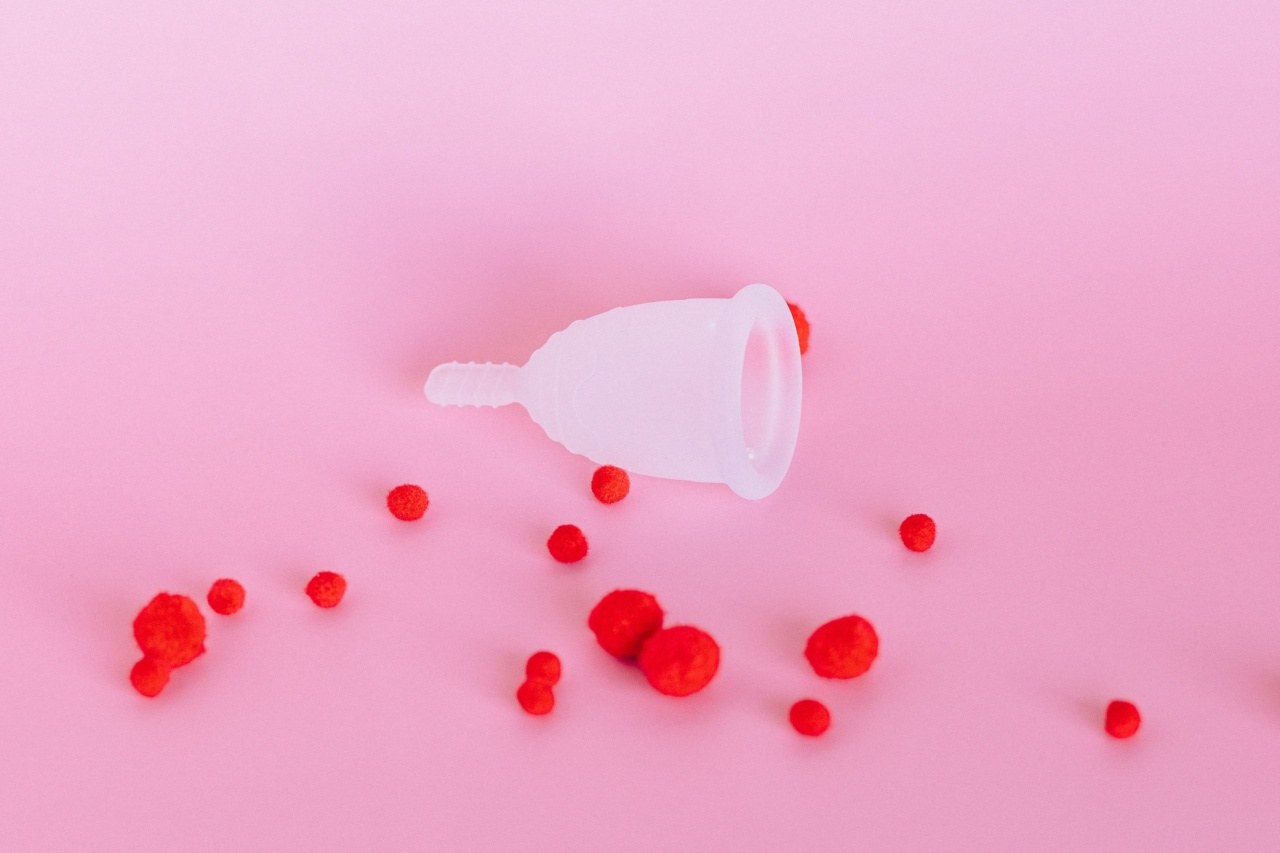The menstrual cycle is a natural process that occurs in the female reproductive system. It involves a series of hormonal changes that prepare the body for potential pregnancy each month.
While the physical symptoms of menstruation are well-known, such as cramps, bloating, and fatigue, the impact of the menstrual cycle on mental health is often overlooked. However, research suggests that hormonal fluctuations during the menstrual cycle can indeed affect a woman’s mental well-being in various ways.
1. Premenstrual Syndrome (PMS)
Premenstrual Syndrome, commonly known as PMS, refers to a range of physical and emotional symptoms that occur in the days leading up to menstruation. While the specific symptoms and severity can vary, emotional changes are a significant aspect of PMS.
Many women experience mood swings, irritability, anxiety, and depression during this time. These emotional symptoms can significantly impact a woman’s mental health, leading to increased stress and a decrease in overall well-being.
2. Hormonal Fluctuations
The menstrual cycle involves several hormonal changes, including fluctuations in estrogen and progesterone levels. These hormonal changes can directly impact mood and mental health.
Estrogen, for example, has been shown to have mood-enhancing effects and can increase serotonin levels in the brain. Conversely, the drop in estrogen levels during the premenstrual phase can lead to feelings of sadness, irritability, and even depression. Progesterone, on the other hand, has been associated with feelings of fatigue and anxiety.
3. Anxiety Disorders
For some women, the hormonal changes during the menstrual cycle can exacerbate or trigger anxiety disorders.
Research suggests that women with pre-existing anxiety disorders may experience an increase in symptoms during certain phases of their cycle, such as the premenstrual phase. Additionally, women without a history of anxiety disorders may also experience heightened anxiety levels during this time.
The relationship between hormonal fluctuations and anxiety is complex, but it highlights how the menstrual cycle can impact mental health in different ways.
4. Depression
Depression is another mental health issue that can be influenced by the menstrual cycle. Premenstrual Dysphoric Disorder (PMDD) is a severe form of PMS characterized by intense mood swings, irritability, and depression.
PMDD occurs in approximately 3-8% of women, and the emotional symptoms can significantly impair daily functioning and quality of life. The hormonal changes during the premenstrual phase play a crucial role in the development of PMDD and the occurrence of depressive symptoms that accompany it.
5. Cognitive Function
Some studies suggest that the menstrual cycle may also impact cognitive function and memory. Hormonal fluctuations, particularly changes in estrogen levels, have been associated with changes in cognitive performance.
Women may experience difficulties with concentration, memory retrieval, and overall cognitive clarity during certain phases of their cycle. These cognitive changes can impact daily activities and overall mental well-being.
6. Sleep Disturbances
Many women experience sleep disturbances during the menstrual cycle, particularly in the premenstrual phase. Hormonal changes can disrupt sleep patterns, leading to insomnia or restless sleep.
Sleep disturbances have a profound impact on mental health, as it can contribute to feelings of fatigue, irritability, and difficulty coping with daily stressors. The relationship between hormonal fluctuations, sleep disturbances, and mental health is significant and interconnected.
7. Self-Esteem and Body Image
The physical changes that occur during menstruation can also impact a woman’s mental health, particularly in terms of self-esteem and body image.
Bloating, weight fluctuations, and physical discomfort can lead to feelings of self-consciousness and decreased self-esteem. The societal stigma and cultural taboos surrounding menstruation can further exacerbate these negative emotions, impacting mental well-being.
8. Coping Strategies
Recognizing the potential impact of the menstrual cycle on mental health is essential for developing effective coping strategies.
Engaging in regular exercise, getting sufficient sleep, practicing relaxation techniques such as meditation or deep breathing, and maintaining a healthy diet can all contribute to overall mental well-being. Seeking support from friends, family, or mental health professionals can also be beneficial for managing the emotional challenges associated with the menstrual cycle.
9. Medication and Therapy
In some cases, medication and therapy may be necessary to manage the mental health effects of the menstrual cycle.
Selective serotonin reuptake inhibitors (SSRIs), commonly used to treat depression and anxiety, have been shown to be effective in relieving the symptoms of PMDD and reducing the impact of hormonal fluctuations on mental health. Cognitive-behavioral therapy (CBT) can also help women develop coping strategies, challenge negative thoughts, and improve overall mental well-being.
10. Conclusion
The menstrual cycle is not solely a physical process but also has a significant impact on a woman’s mental health.
From the emotional symptoms experienced during PMS to the potential development of severe conditions like PMDD, hormonal fluctuations can affect mood, anxiety levels, cognitive function, and self-esteem. Recognizing and addressing these mental health effects is crucial for promoting overall well-being and quality of life.































